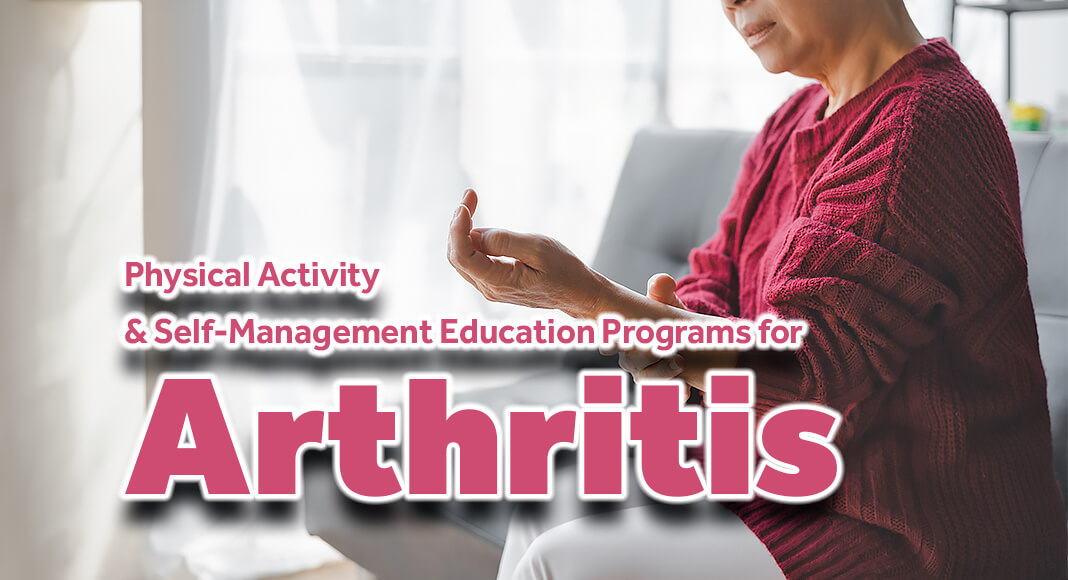
Mega Doctor News
Overview
Meeting the needs of people with arthritis
Arthritis-appropriate, evidence-based interventions (AAEBIs) are programs proven to improve arthritis symptoms, such as pain or limitations in function.
CDC funds the Osteoarthritis Action Alliance to review programs for their effectiveness. Programs must meet specific criteria to qualify as CDC-recognized AAEBIs.
Program types
The current list of CDC-recognized AAEBIs includes two types of lifestyle management programs:
- Physical activity programs
- Self-management education programs
Both types of programs help adults better manage arthritis. They are available in community-based settings, health care settings, and remotely.
Get started
Find programs and how to enroll in them by calling the Arthritis Foundation Helpline at 1-800-283-7800 or going to their site.
Physical activity programs
Physical activity programs can help you increase your physical activity safely and comfortably. Physical activity can improve function, mood, and quality of life for adults with arthritis.
CDC-recognized physical activity programs
- AEA Arthritis Foundation Exercise Program
- Active Living Everyday
- Arthritis Foundation Aquatic Program
- Enhance®Fitness
- Fit & Strong!
- Fit & Strong! Plus
- GLA:D®
- My Knee Exercise Program
- Otago Exercise Program
- Stay Active and Independent for Life
- Tai Chi for Arthritis
- Tai Ji Quan: Moving for Better Balance
- Walk With Ease – Self-Directed & Group
- Camine Con Gusto (Spanish version of Walk With Ease)
Self-management education programs
Self-management education programs teach you how to cope with arthritis symptoms and maintain healthy behaviors. These programs can help you manage fatigue, stress, and decisions about your health.
CDC-recognized self-management education programs
- Better Choices, Better Health®
- Chronic Disease Self-Management Program
- Tomando Control de su Salud (Spanish version of Chronic Disease Self-Management Program)
- Chronic Pain Self-Management Program
- Enhance®Wellness
- Program to Encourage Active, Rewarding Lives (PEARLS)
- Toolkit for Active Living with Chronic Pain
- Toolkit for Active Living with Chronic Conditions
- Workplace Chronic Disease Self-Management Program
Learn more
Visit the Osteoarthritis Action Alliance website to learn more about all of the AAEBIs, including:
- How you can participate.
- How organizations can get programs evaluated for CDC-recognition.
Information source: CDC









